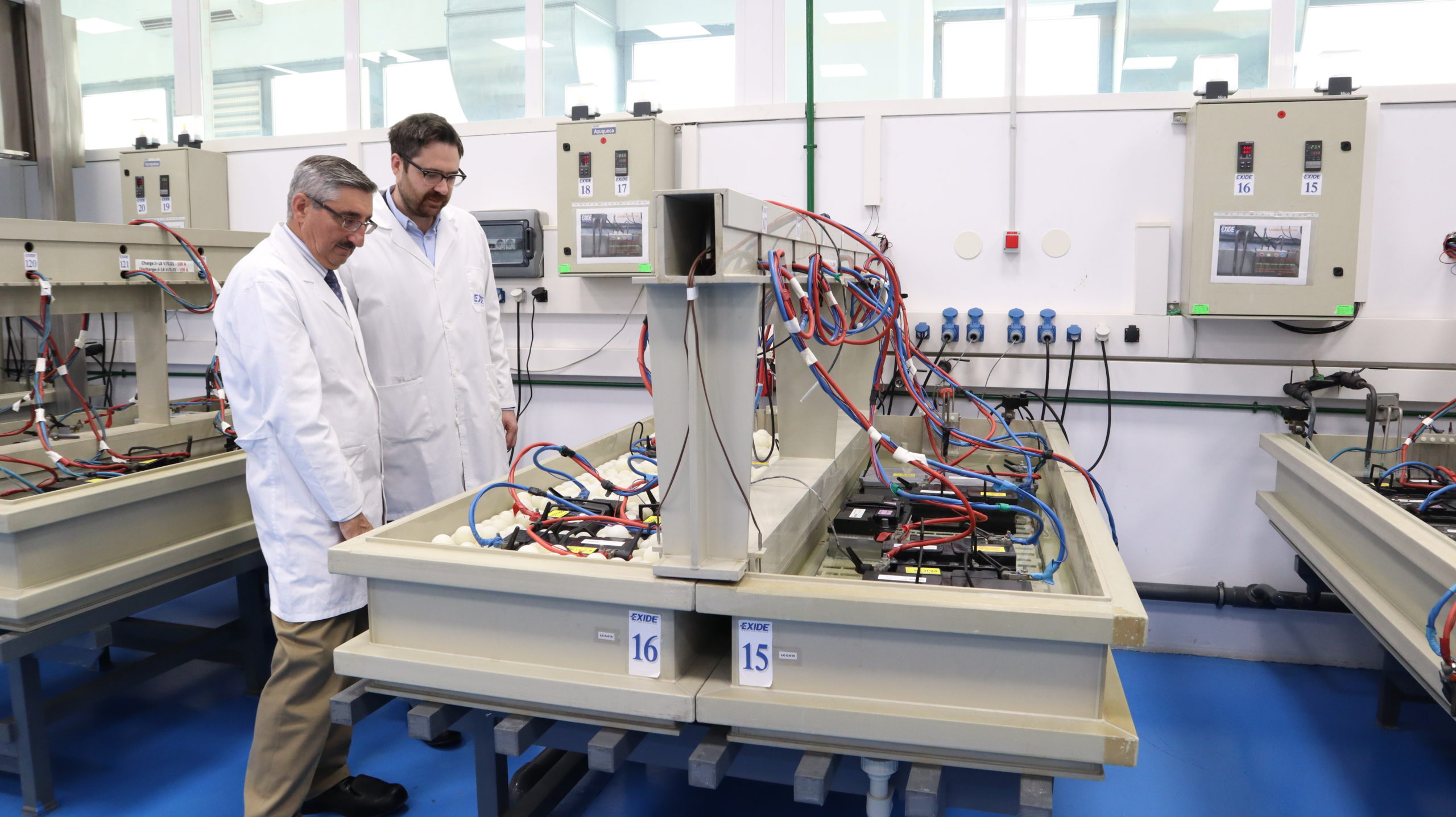Neutron diffraction used for the first time to improve advanced battery performance
13/01/2020

The first lead battery research project to be announced under the EU Green Deal
The first battery innovation project in Europe using hi-tech neutron diffraction techniques has been launched in Spain under the Consortium for Battery Innovation’s (CBI) new technical program.
European consortium member Exide Technologies has partnered with the Institute of Materials Science of Aragon (ICMA) to explore fundamental processes occurring inside lead batteries during operation, using neutron diffraction, with the overall objective of improving life cycle and performance. ICMA is a joint institute between one of Spain’s oldest universities, the University of Zaragoza, and the largest public research institution in Spain and third largest in Europe, the Spanish National Research Council (CSIC).
CBI’s new technical program aims to increase battery cycle life by 5 times by 2022 to 5,000 cycles for energy storage applications. Cycle life is the ability of a battery to continue working through numerous cycles when it is not fully charged and improving performance in this area would contribute to lower operating cost, a key parameter for utility and renewable energy applications.
For the automotive sector, the highest priority target research goal is to increase DCA by 5 times by the year 2022 to 2 Amps/Ah. DCA, which is the ability of the battery to accept instantaneous energy during charging, for example when braking, will be crucial for maximizing the performance of advanced lead batteries in the ever-increasing number of micro and mild-hybrid vehicles on the road.
